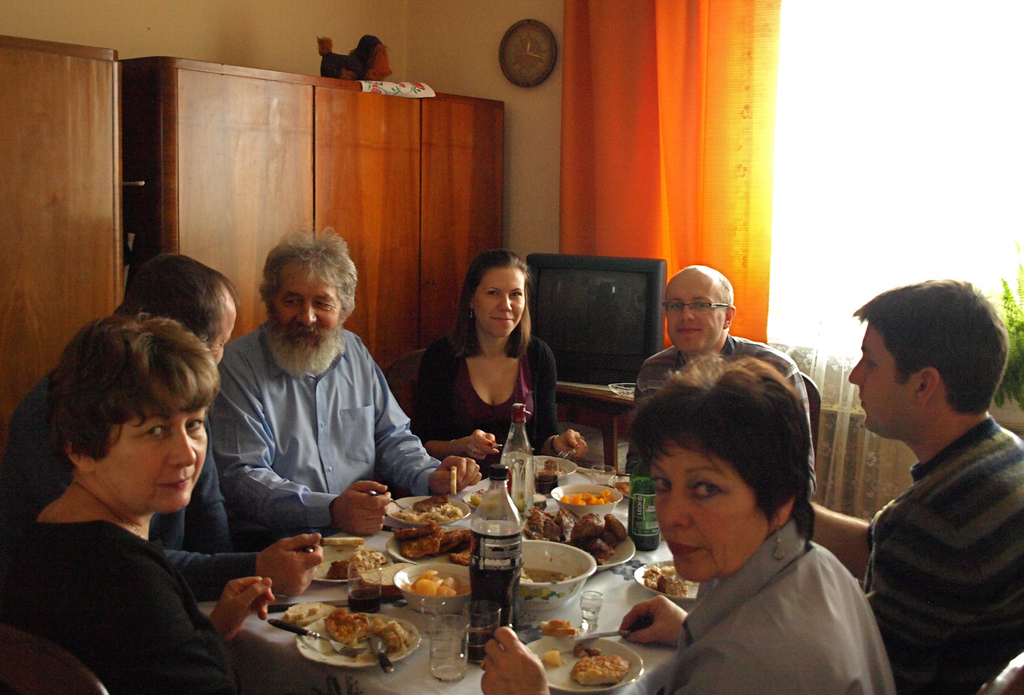Where The Needs Of Others Come First · Available 24x7 For Emergencies

A Balanced Diet is Essential for the Elderly
Senior nutrition is a complex field. As an adult’s body transitions from middle to old age, its requirements change, with certain nutrients becoming more important and others less important. Specific illnesses might require close control of sodium, sugar, and other factors. In addition to these considerations, psychological factors can influence the way a senior eats. As these and other complexities build, it takes the help of others to make sure that an elderly loved one is getting all the nutrition she needs to stay healthy.
Not Too Much
Obesity is a serious problem across all demographics of the U.S. population. Many of us are aware of just how quickly we can add excess weight simply by eating what we feel like eating and dropping our activity level. As a senior becomes less active, a diet change is usually necessary—with fewer calories being burned during the day, extra calories from food will be stored as unhealthy fat. It can be very difficult to alter a diet this way, but it’s important to ward off obesity.
An in-home caregiver is often a great ally in keeping an eye on a senior’s diet. A senior who is “fending for herself” might gravitate toward prepackaged meals and snack foods, but she is certain to eat better meals when they are prepared and served to her.
Not Too Little
A less well understood danger, but just as important, is the tendency of some seniors to under-eat. If a senior can’t get to the grocery store without assistance, family members must take the initiative to keep track of what food is in the house and when it’s time to restock. Many elderly folks are so reluctant to feel burdensome to family that they will skip meals rather than ask for a shopping trip. If cognitive decline is an issue, a senior may simply forget to eat or fail to recognize that it’s mealtime without assistance.
Some seniors may benefit from nutritional supplements, but this is an approach that should always be supervised by the senior’s physician. Excessive intake of any vitamin or mineral can harm the body rather than helping it.
Three Square Meals a Day
Missing meals has a much greater impact on a senior than on a younger person. Without proteins, fiber, and fat, the elderly body quickly loses strength, balance, and immunity. Too much fat and cholesterol, though, adds unhealthy weight, threatening balance and bone strength. It also increases the risk of heart trouble. For those who are on dietary restrictions due to diabetes, it can be easy to forget what they can and can’t eat. A watchful caregiver can steer a senior in the right direction and prepare hearty, nutritious meals that will provide all the nutrients his body needs.
Photo by Anna Majkowska 
Originally posted 2014-10-09 10:30:40.
